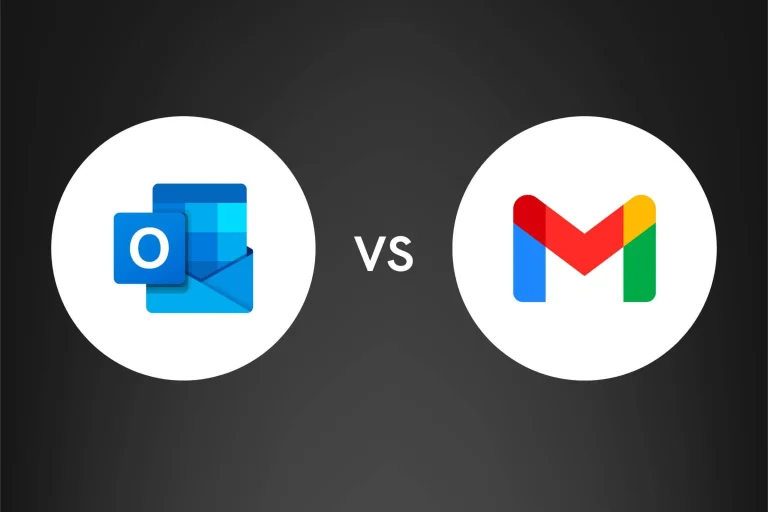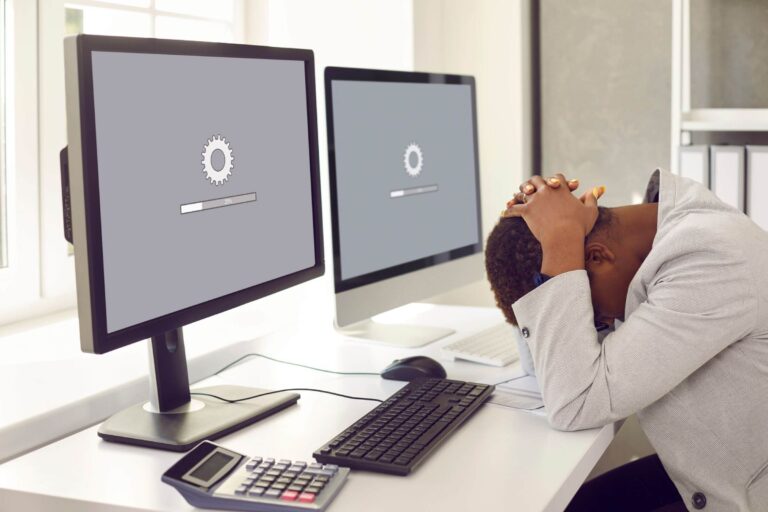In this rapidly advancing digital age, safeguarding your business’s online presence has never been more essential. This post will equip you with vital insights into website security—a topic that’s grown even more critical as we tread deeper into the tech-saturated world of 2023. Let’s jump into the nitty-gritty of keeping your website safe!
Why is Website Security Important?
If you’re still wondering why website security is important, imagine coming home one day to find your front door wide open, your belongings messed up, and your personal stuff out in the open. Terrifying, right? Well, that’s pretty much what happens when your website gets hacked.
Having a secure website is critical for protecting your company’s reputation and maintaining the trust of your customers. A compromised website can lead to a leak of sensitive customer information, a drop in website traffic, and potential legal issues. Plus, who wants to see their homepage defaced with a digital graffiti or, worse yet, being rerouted to some dodgy cryptocurrency scam page? I bet that’s a big NO from you!
How Can I Ensure My Website is Safe?
A safe website isn’t a happy accident. It’s a product of thoughtful design, regular maintenance, and a series of good habits. Here are a few quick tips that you can implement right now:
- Use strong, unique passwords.
It’s 2023 and “password123” still isn’t a good idea. Make sure to use complex, unique passwords for your website’s admin account and change them regularly.
- Keep your website updated.
Regularly update your website’s CMS, plugins, and themes. Each new update usually includes security patches for vulnerabilities that hackers might exploit.
- Invest in SSL.
An SSL (Secure Sockets Layer) certificate is the little green padlock you see next to the website URL. It encrypts the data transfer between a user’s browser and the website, keeping it safe from eavesdroppers.
What are the Things to Consider Regarding Website Safety?
Website safety isn’t a one-size-fits-all deal. Depending on your website’s nature, you might need to consider specific security measures. If you’re running an e-commerce site, you’ll want to ensure that your customers’ payment information is secure. You should look into PCI-DSS compliance for that.
If your website asks for users’ personal information, you should ensure it’s being stored and processed securely to avoid data breaches and comply with regulations like GDPR and CCPA. You should also consider regular security audits to identify any vulnerabilities that need fixing.
What Can I do to Make my Website Safer?
Apart from the steps mentioned above, you can take additional measures to boost your website’s safety. For instance, using a website security platform can provide additional protection. These services scan your website for vulnerabilities, monitor for malicious activity, and sometimes even offer clean-up services if you get hacked.
Also, implement a two-factor authentication (2FA) process for your users and admin. 2FA makes it harder for hackers to gain access to your site, even if they somehow manage to get your password.
Finally, backing up your website regularly can save you a lot of headaches. If your website gets compromised, a recent backup will allow you to restore it quickly.
My Website Got Hacked, What Can I Do?
If your website gets hacked, don’t panic! The first thing you should do is contact a professional who specialises in malware removal and website cleanup. Next, you’ll want to identify how the hackers got in, so you can close the security gap.
Don’t forget to let your users know about the breach, especially if their personal data might have been compromised. It might sting a bit, but honesty goes a long way in maintaining trust.
Can I Take Care of the Website Security Myself?
Whether or not you should handle your website security yourself is a question of knowledge, expertise, and time. You may be tempted to take the DIY route if you’re a small business owner wearing multiple hats. But remember, while there are things you can manage like updating software, changing passwords regularly, and making sure your SSL certificate is current, many elements of website security are complex and can be incredibly time-consuming.
For instance, dealing with malware detection, implementing advanced firewalls, handling data breaches, or staying ahead of the latest hacking techniques requires specialized knowledge. Moreover, keeping up with the constant changes in the cybersecurity landscape is a job in itself.
If you’re comfortable with the tech side of things and have time to spare, you could potentially handle some security aspects. But let’s be honest, for most busy business owners, this is unlikely to be the case.
So, while it might seem like an extra expense, hiring a professional or using a trusted security service can be an investment that saves you a lot of trouble (and potentially money) in the long run. They can handle the technical aspects of website security and stay up-to-date with the latest threats and security trends, helping you maintain a robust defense against potential cyber attacks.
In the end, remember, website maintenance isn’t just about adding new content or updating your site’s look—it’s also about ensuring the digital safety of your business.
So, before you find yourself drowning in lines of code or panicking over a potential data breach, why not consider getting a helping hand? Our team of experts is always ready to take over the wheel. We’re up-to-date with the latest security trends and equipped to handle the nitty-gritty of website maintenance.
With our services, you can focus on what you do best—growing your business. Get in touch with us today and let us ensure that your website isn’t just appealing and functional, but also safe and secure. Your peace of mind is worth it!

















